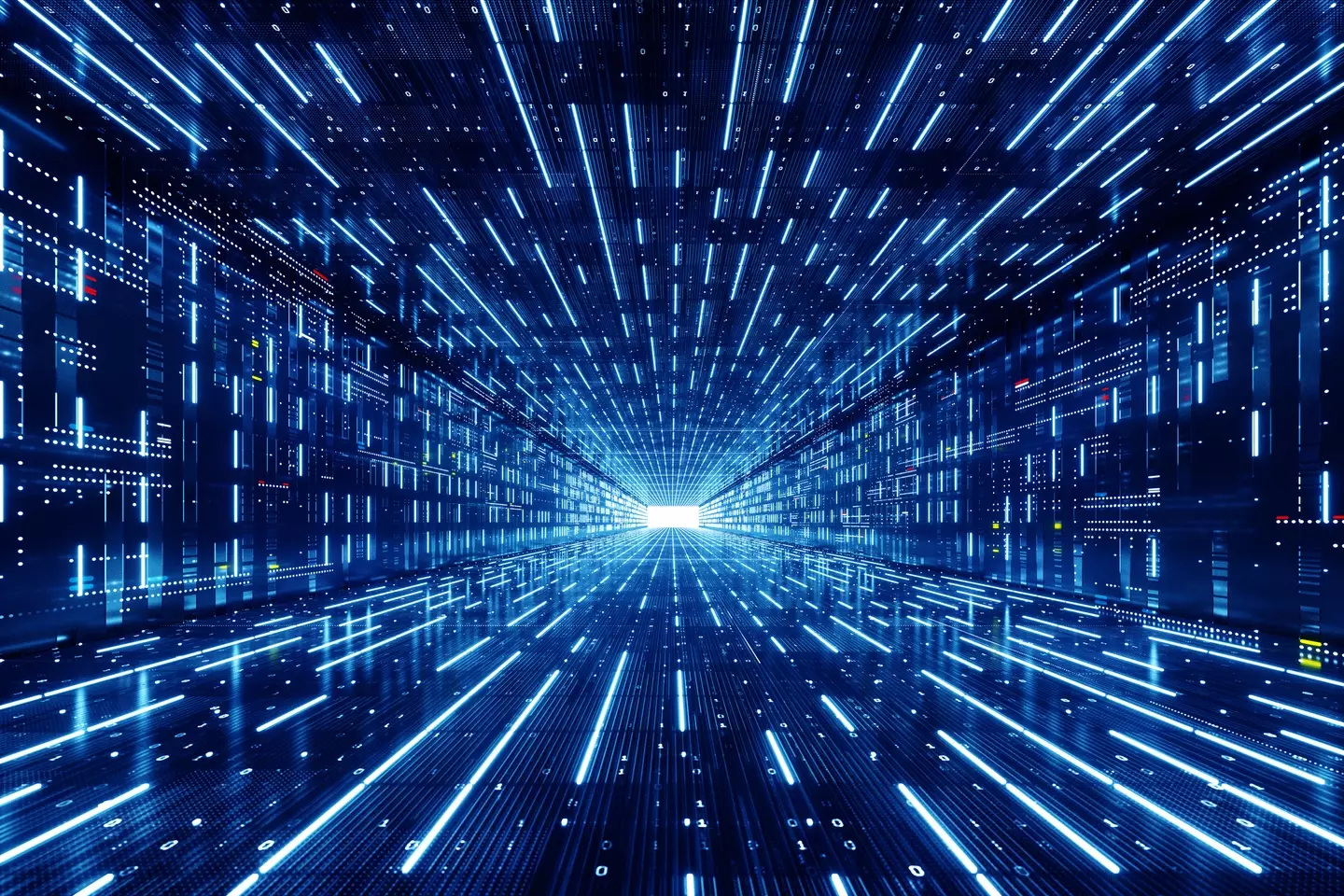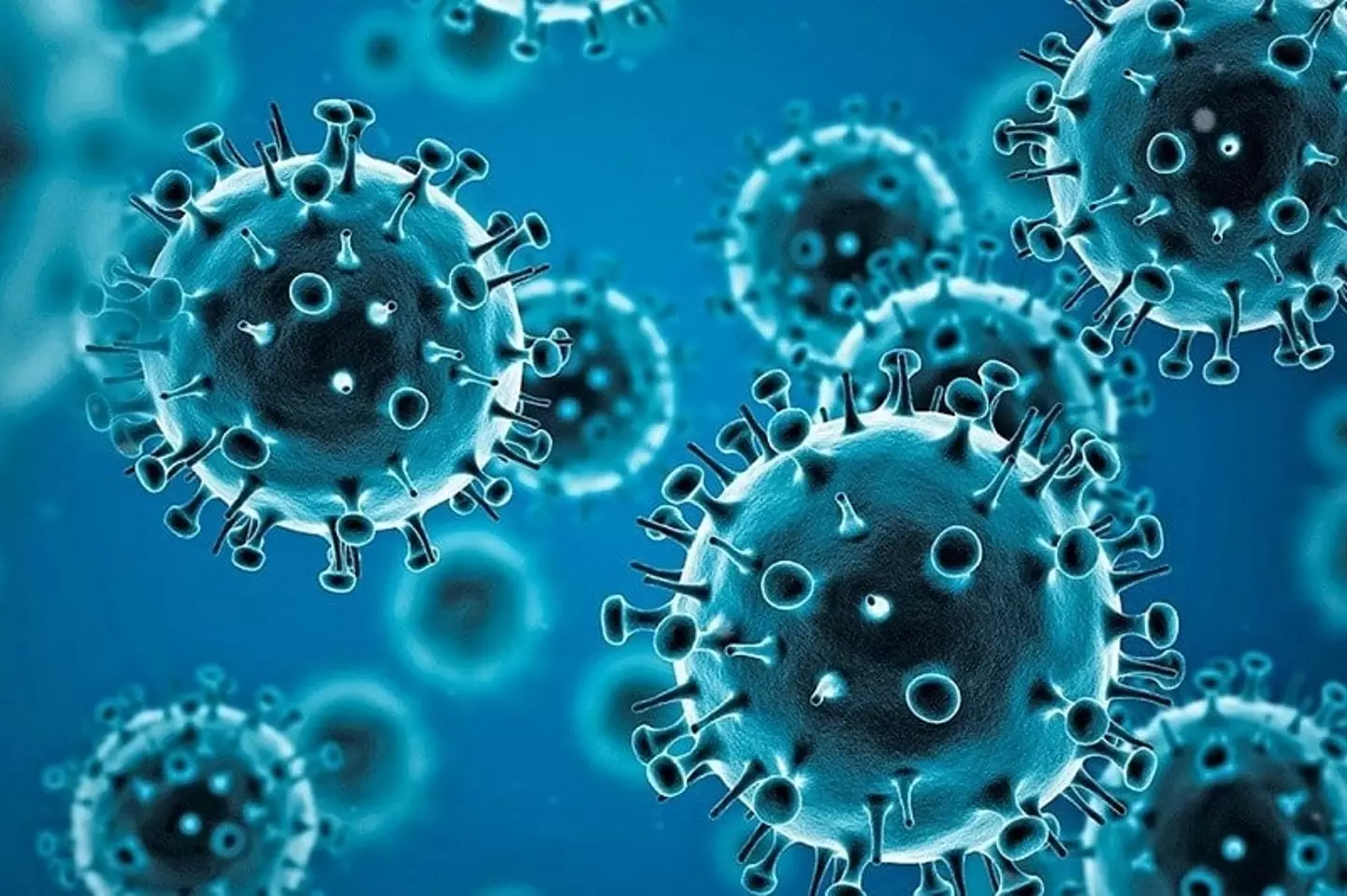
One physicist has used the principles of infodynamics to supposedly prove that we're all living in a complex simulation, and one of the ways that he reached this conclusion was after studying a deadly virus.
Simulations often give us all a glimpse of what could happen in certain scenarios, from the experiences of nuclear war, what it would be like to be consumed by a black hole, or what happens to the body at the depths of the sea.
However, what if we extended these simulation theories to our daily life, and proposed the notion that our entire existence is just one big simulation? Well, that's what one dedicated physicist is trying to argue for.
A study proposed by Melvin M. Vopson proposes the use of infodynamics - the study of accumulation of informational constraints during system development - to support notions of a 'simulated universe hypothesis'.
Advert

In simple terms, it argues that the analysis of things like digital and genetic information, atomic physics, mathematical symmetries, and cosmology all prove that the life and world we're living in right now are all a direct simulation.
Vopson outlines: "Despite the lack of evidence, this idea is gaining traction in scientific circles as well as in the entertainment industry. Recent scientific developments in the field of information physics, such as the publication of the mass-energy-information equivalence principle, appear to support this possibility."
The study goes on to conclude: "This indicates that the evolution of biological life tends in such a way that genetic mutations are not just random events as per the current Darwinian consensus, but instead undergo genetic mutations according to the second law of infodynamics, minimizing their information entropy.
"A super complex universe like ours, if it were a simulation, would require built-in data optimization and compression mechanism in order to reduce the computational power and the data storage requirements.
"This is exactly what we are observing via empirical evidence all around us, including digital data, biological systems, atomistic systems, symmetries, and the entire universe."
If Vopson's theories are indeed true then it would have wide-reaching ramifications for our understanding of the universe and life itself that stretch far beyond the initial shock of a 'simulated world', and even without much scientific evidence it's hard not to feel illuminated.

What's also fascinating is that Vopson's theories began while analyzing variants of the novel SARS-CoV-2 virus, which eventually resulted in the horrific COVID-19 pandemic that killed over 7,000,000 people worldwide.
Through this research he discovered that just 1.08% of variants of the SARS-CoV-2 strain increased their nucleotides, while contrastingly 98.92% of them mutated through the 'deletion' of nucleotides, going against typical theories of evolution and aligning with new understandings of infodynamics.
